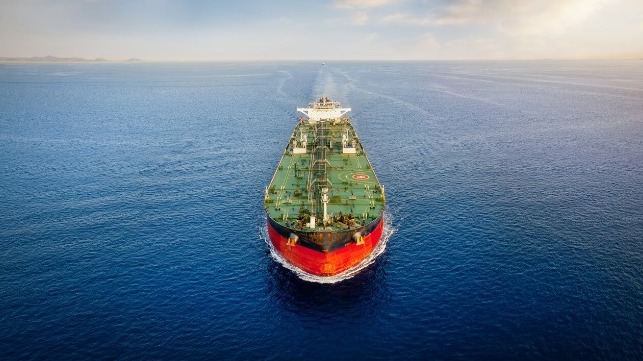Finland Wants a Spill Response Vessel to be Ready for "Dark Fleet" Risks

Finland is raising the alarm over growing risks of a spill from Russia’s "dark fleet" of tankers, and it has vowed to push the European Union (EU) to invest in a standby response vessel specifically dedicated to the waters of the Gulf of Finland, which are not easy to navigate during winter.
The Nordic nation’s Ministry of Transport and Communications contends that with Russia resorting to using shadowy oil tankers that are unusually old, the risks of oil spills in the Baltic Sea and especially in the Gulf of Finland are real. The country estimates that on average, 70 old tankers with a capacity to transport more than 100,000 tons of crude oil each navigate through the Gulf of Finland every week. Analysis by the Norwegian Coastal Administration shows that the majority of these ships in the Baltic are significantly old, with an average age of 29 years.
Finnish authorities believe that the possibility of a spill is heightened in Baltic winter conditions, considering the older vessels are poorly equipped and not suited to ice navigation. The fact that the vessels frequently engage in ship-to-ship transfers further adds to the risk of incidents. In the event of a spill, recovery in ice conditions is more demanding and expensive than in open-water spills.
In response to this threat, Finland is pushing the European Maritime Safety Agency (EMSA) to acquire a standby vessel that is capable of navigating in ice and suited to conditions in the northern parts of the Baltic Sea.
Currently, EMSA has a network of 14 oil spill response vessels, but only one of them is stationed in the southern parts of the Baltic Sea. The network has been established through contracts with commercial operators, and although they continue to carry out commercial operations, they cease normal activities and mobilize anywhere in European waters and shared sea basins in the event of an oil spill.
“Finland feels that the EMSA should contract a new vessel for the northern parts of the Baltic Sea in addition to the existing vessel stationed in the southern parts,” said the Ministry of Transport in a statement.
It added that having a dedicated vessel for the northern part of the Baltic is critical and will ensure that EMSA spreads its network of stand-by oil spill response vessels more evenly across European waters.
No comments:
Post a Comment